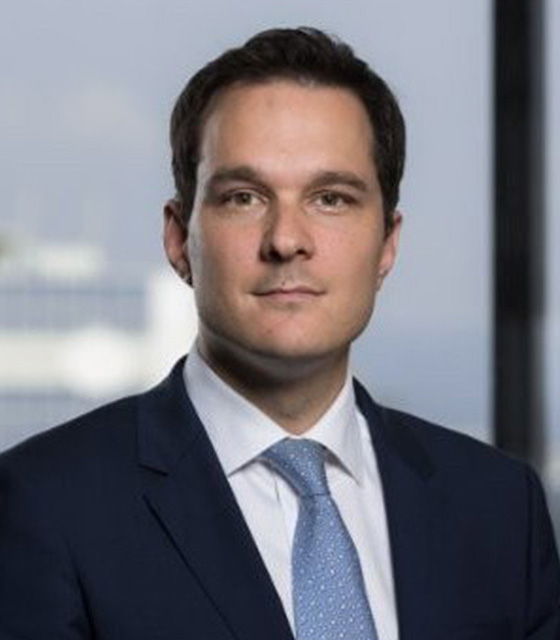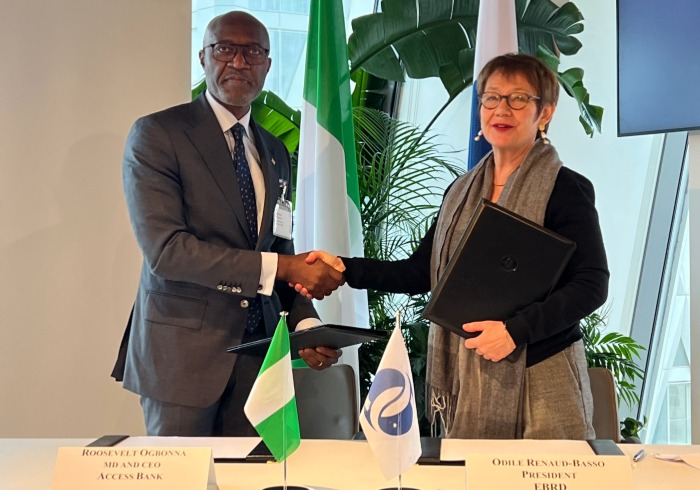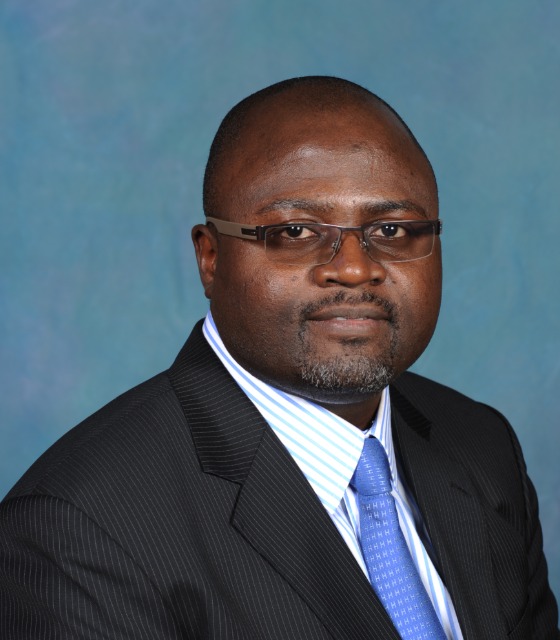A company developing a housing project in Somalia claims Greensill Capital UK bribed its financial intermediary in order to secure a supply chain finance facility that is now subject to legal action by UBS.
Cyprus-based Chelsea Group made the allegation in its defence against a UK court claim by UBS Asset Management Switzerland over a US$20.7mn debt that accrued after it stopped making repayments on the facility.
The case, filed on June 13, is UBS’ latest attempt to recoup billions of dollars in losses suffered by investment fund Credit Suisse Nova (Lux) when Greensill collapsed in 2021. UBS inherited Credit Suisse’s investments in Greensill’s financing products when the two banks merged in 2023, becoming assignee of certain rights, titles and interests.
Chelsea Group, a family of companies that provides logistical, security and risk management services globally, entered into an agreement with Greensill in 2014 that allowed two affiliated companies – NapCap Ltd and Ferranti Holdings – to secure financing against their accounts receivables, the bank’s filing shows.
The group’s parent company RW Chelsea Holdings (RWC) was obliged to make payments to Greensill, however UBS alleges it stopped doing so in 2021, and now owes US$11.5mn plus interest.
But in a defence filed in late July, RWC rejects the bank’s characterisation of the deal and argues the financing was “procured by the bribery” of Greensill Capital UK which it says paid fees to its agent Clearbrook Capital Partners.
The financing arrangements were “never fit for the purpose for which they had been sought”, RWC claims in the filing.
Clearbrook was retained in February 2014 to help secure debt financing for the Chelsea Village Project, a planned secure compound outside Mogadishu, Somalia, in exchange for fees, shares and warrants. Weeks later, RWC signed a parent customer agreement (PCA) with Greensill to help finance the project.
But according to its defence filing, RWC later discovered Greensill had made payments to Clearbrook and, in October 2021, opted to rescind the PCA.
The group alleges that RWC’s owner and chairman, Lord Richard Westbury, had pressed Greensill’s founder Lex Greensill – who has not been accused of wrongdoing in the suit – about alleged payments.
“In or about May 2015, during the course of a meeting at Scott’s Restaurant in Mayfair, Lord Westbury asked Lex Greensill about rumours that Clearbrook was ‘taking two bites of the cherry’ (i.e. receiving money from both Greensill and the defendants), which Lex Greensill did not deny,” the filing states.
Lex Greensill also told Westbury “in or about mid-2016” that payments had been made to Clearbrook amounting to 2% of the revenue earned by Greensill under the facility, but that such practice “had then stopped”, it adds.
RWC also alleges there were undisclosed ties between Clearbrook’s employees and Greensill, and that the firm was induced into supply chain finance (SCF) arrangements that were “inherently unfit” to meet its long-term financial needs.
Clearbrook co-founder Robin Saunders and founding partner Paul Hammett provided services to RWC and introduced the company to “one party” that could meet their financing needs, Greensill, the filing states.
It claims the introduction was made “shortly after” Saunders and Hammett sold their shares in Nordfinanz (now Greensill Bank) to Greensill, which was “unbeknownst to RWC at the time”.
“At this time Greensill was a relatively new financial services company, and its founder, Lex Greensill, expressed himself from time to time to representatives of RWC as wishing to compete with the established investment banks and to be able to offer finance on more advantageous terms,” the filing states.
Ostensibly SCF
In its defence, RWC argues the Greensill agreement was wholly unsuited to the long-term financing needs of its Mogadishu project and, despite the contractual terms, never operated as an SCF deal.
While the arrangement was “ostensibly” structured as SCF, the company argues that Greensill representatives orally agreed to provide funds on a “long-term basis”, adding: “The claims now made by the claimant proceed on a false basis and do not reflect the true agreement reached by the parties.”
The defendants were “led to understand” that the terms of the PCA and supplier agreements with NapCap and Ferranti would not be implemented and that financing would be “churned” – with NapCap repaying sums it had drawn down about every 180 days and Greensill readvancing the funds – and only repayable in “limited circumstances,” it claims.
As such, RWC argues it does not owe the principal and interest alleged by UBS: “To the extent that that the defendants may be liable… interest is payable at a reasonable commercial rate only and not at the default rate of USD LIBOR plus twelve % per annum provided for in the PCA (or any such default rate at all).”
RWC and its co-defendants have also submitted a counterclaim against UBS and are seeking damages for losses allegedly caused by the purported Clearbrook bribery, including fees which “would not have been payable had an appropriate financing facility been entered”.
UBS, Chelsea Group, Clearbrook and Hammett did not reply to emails or LinkedIn messages from GTR.
“Greensill Capital UK Ltd is not a party to these proceedings and the administrators will not be commenting on the matter,” says Grant Thornton, Greensill’s administrator. A spokesperson for Lex Greensill declined to comment.







